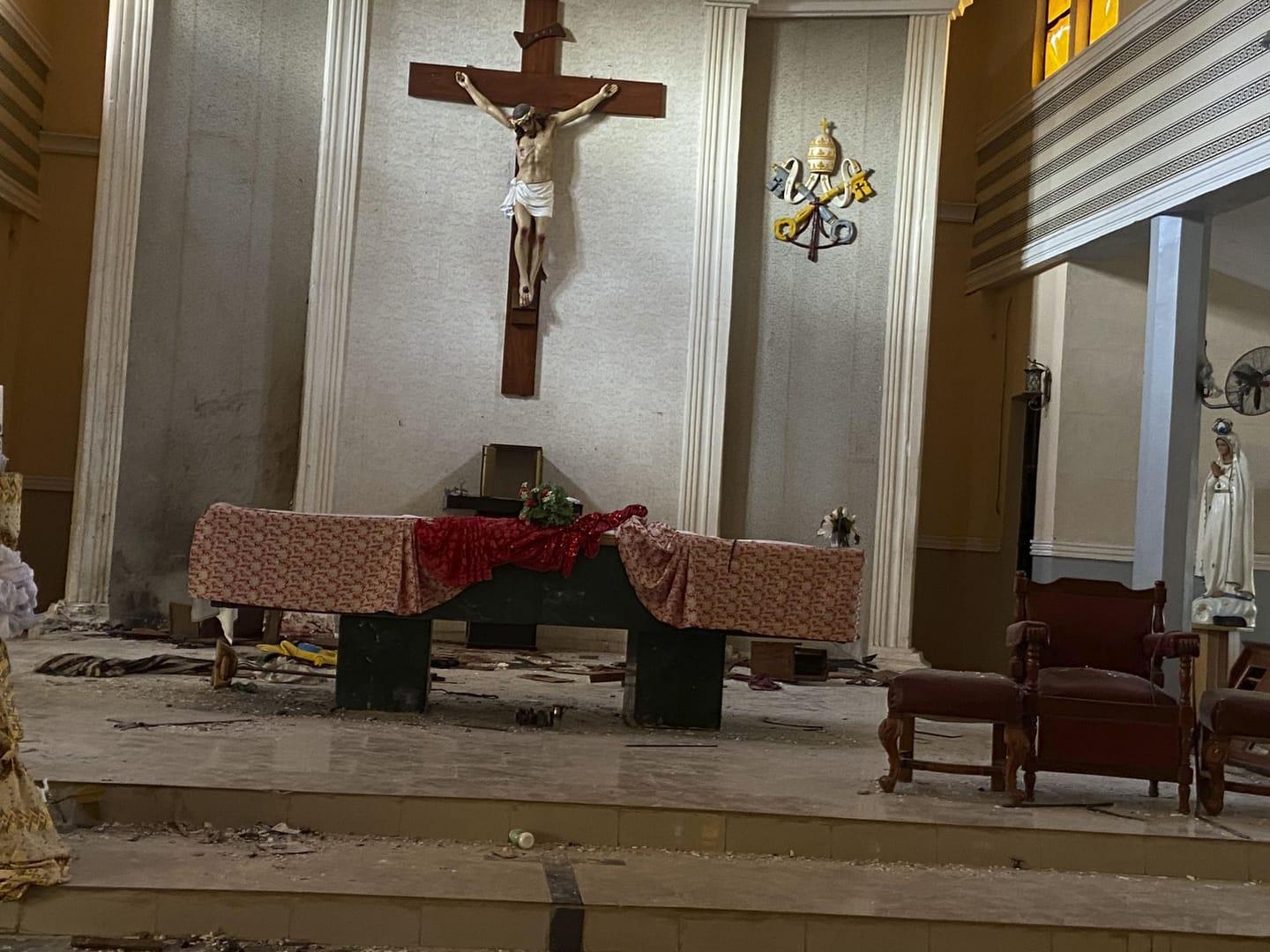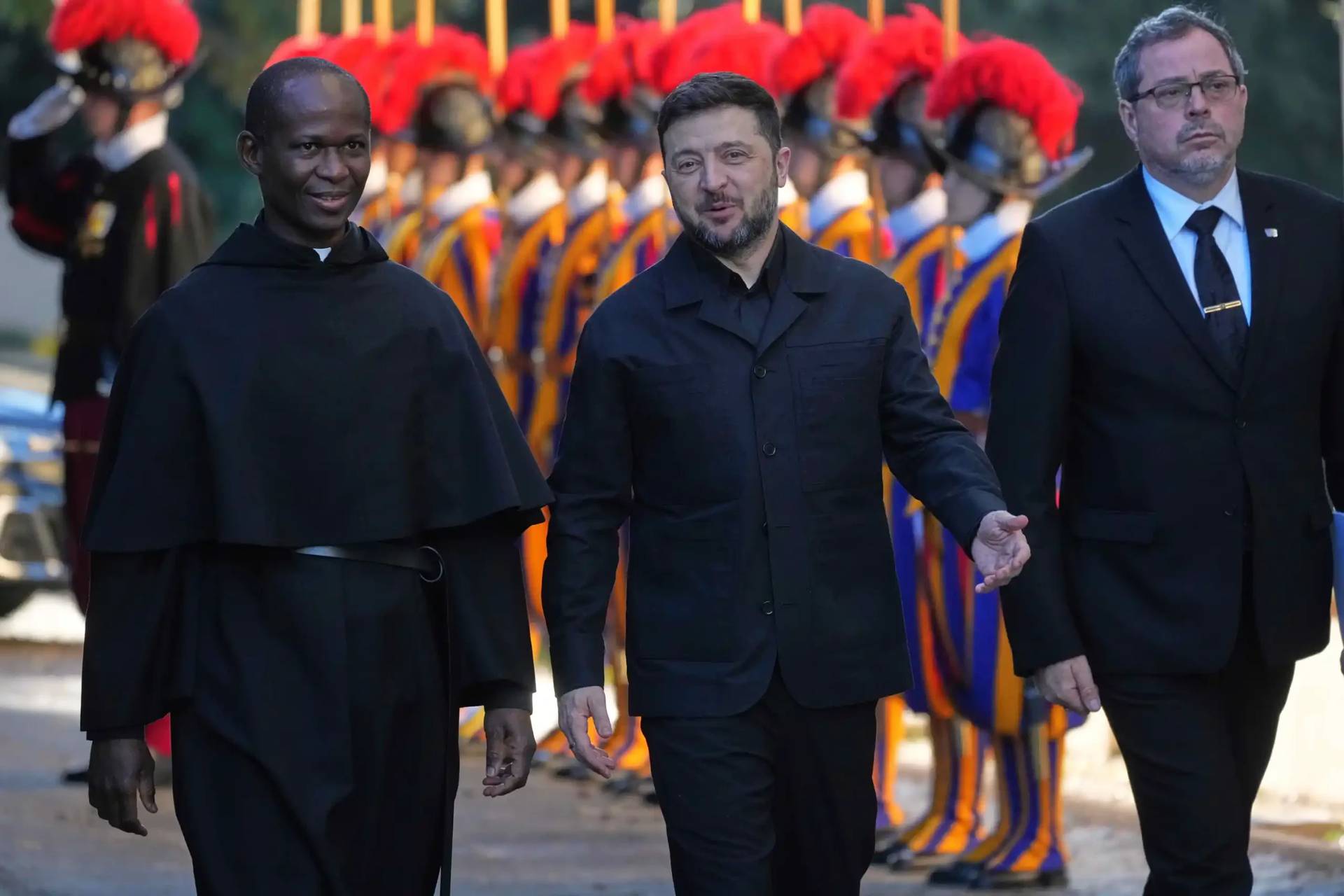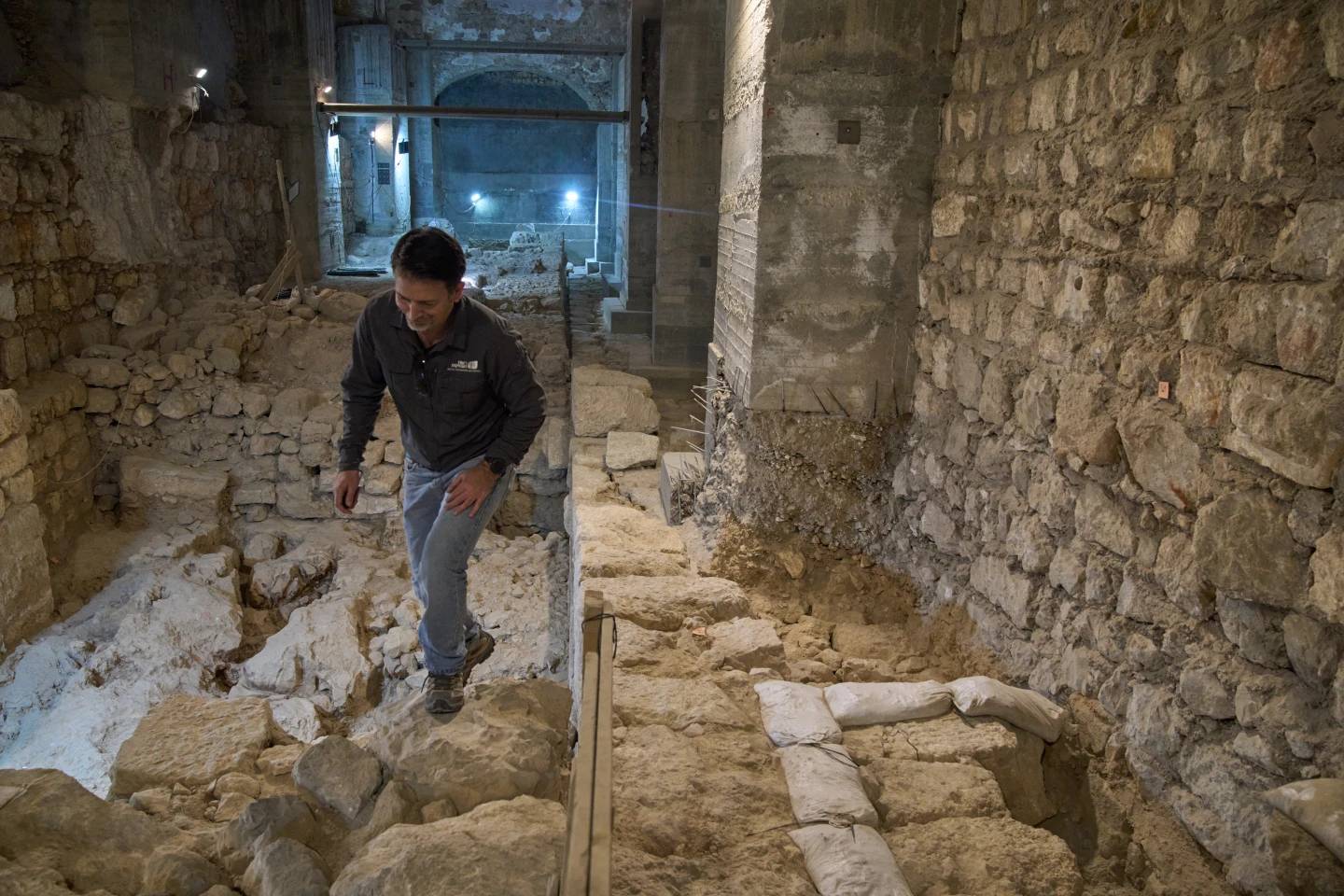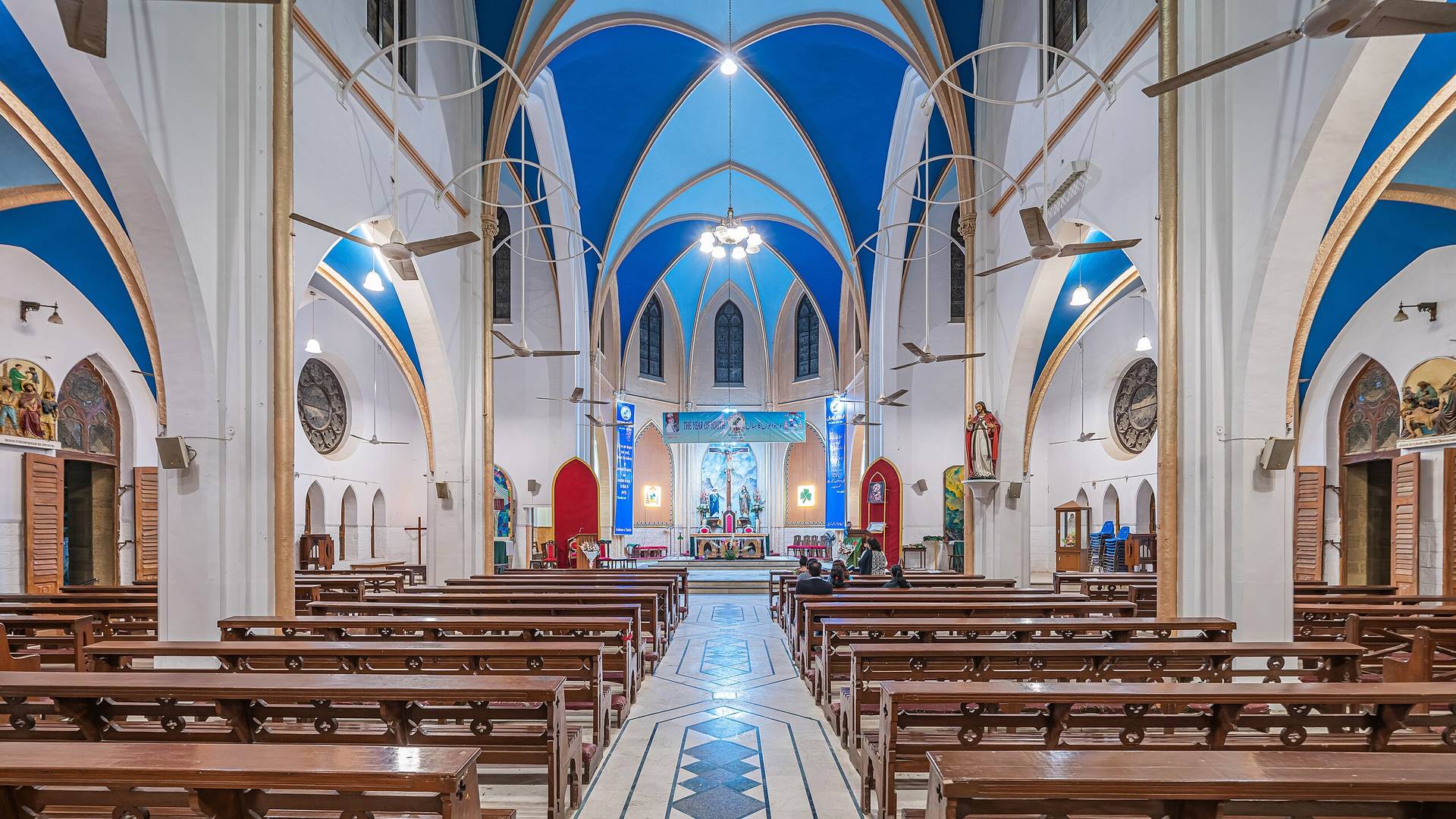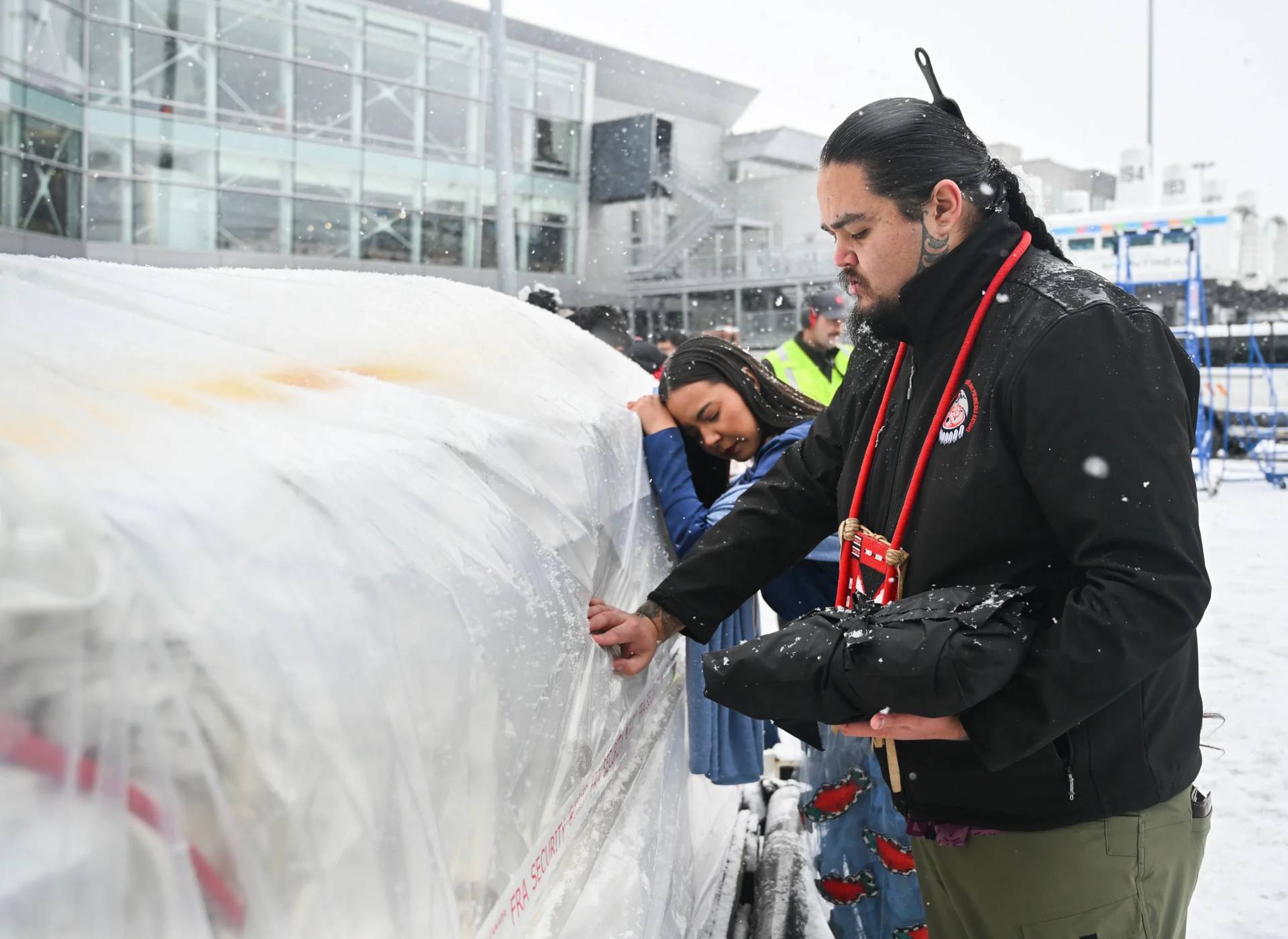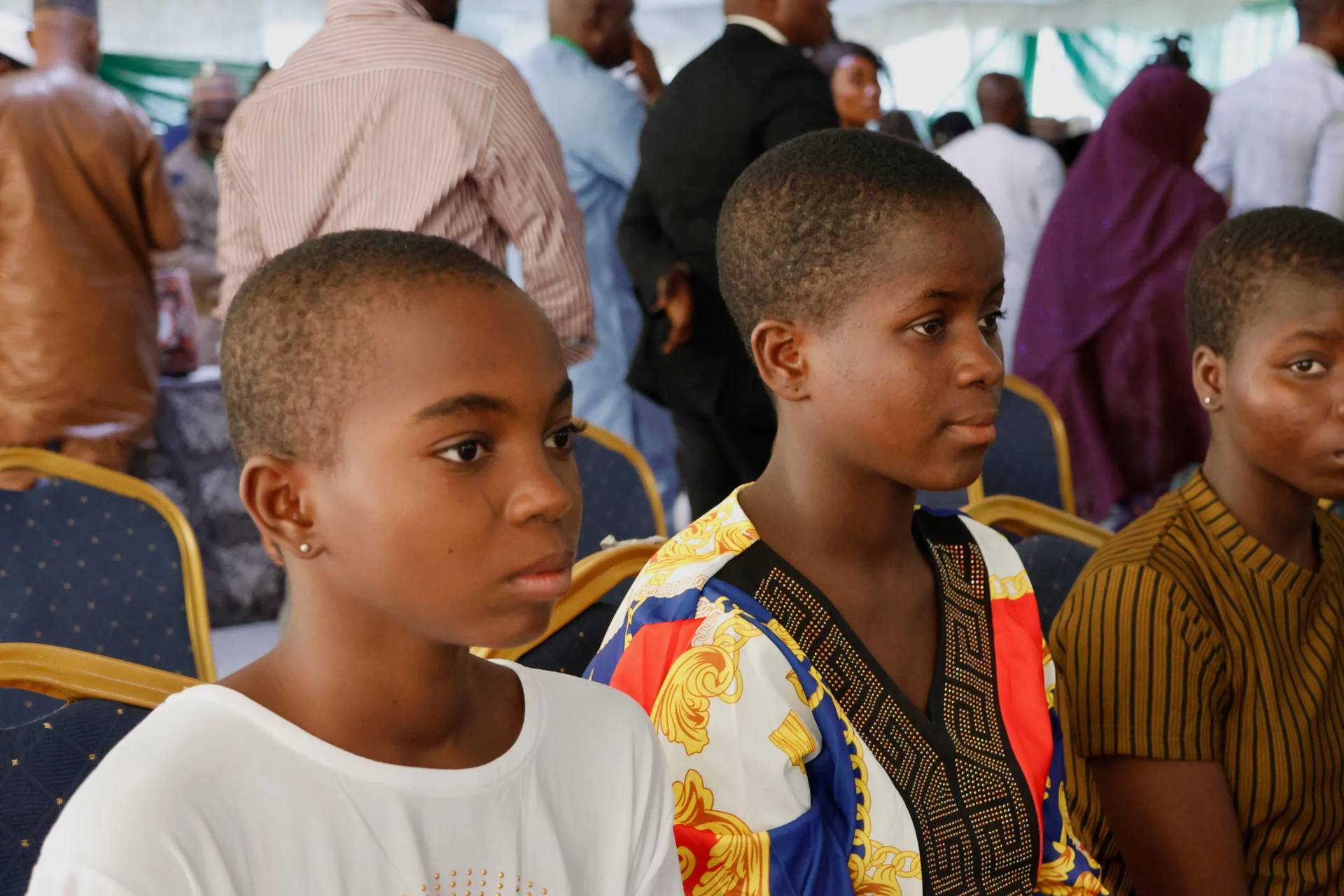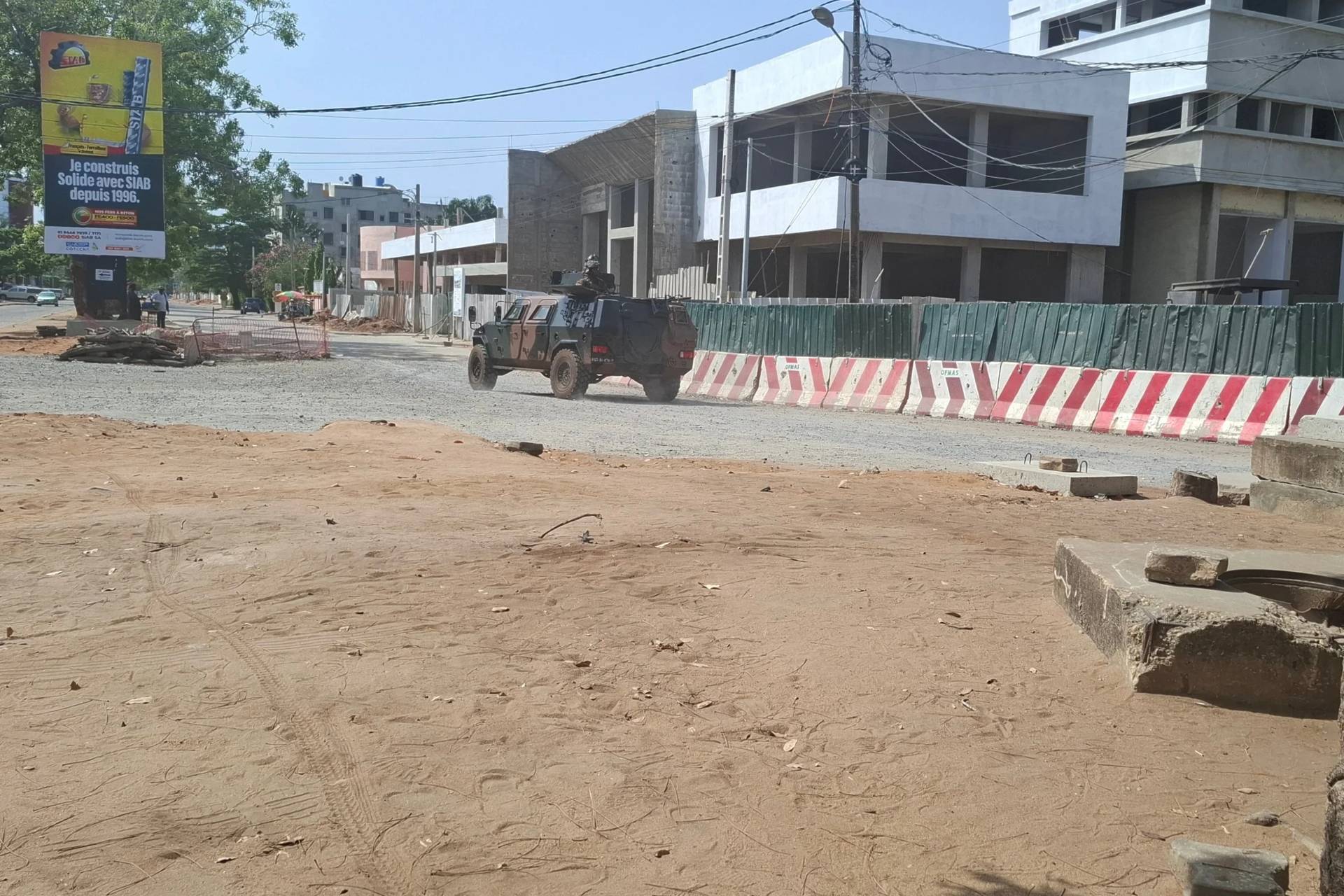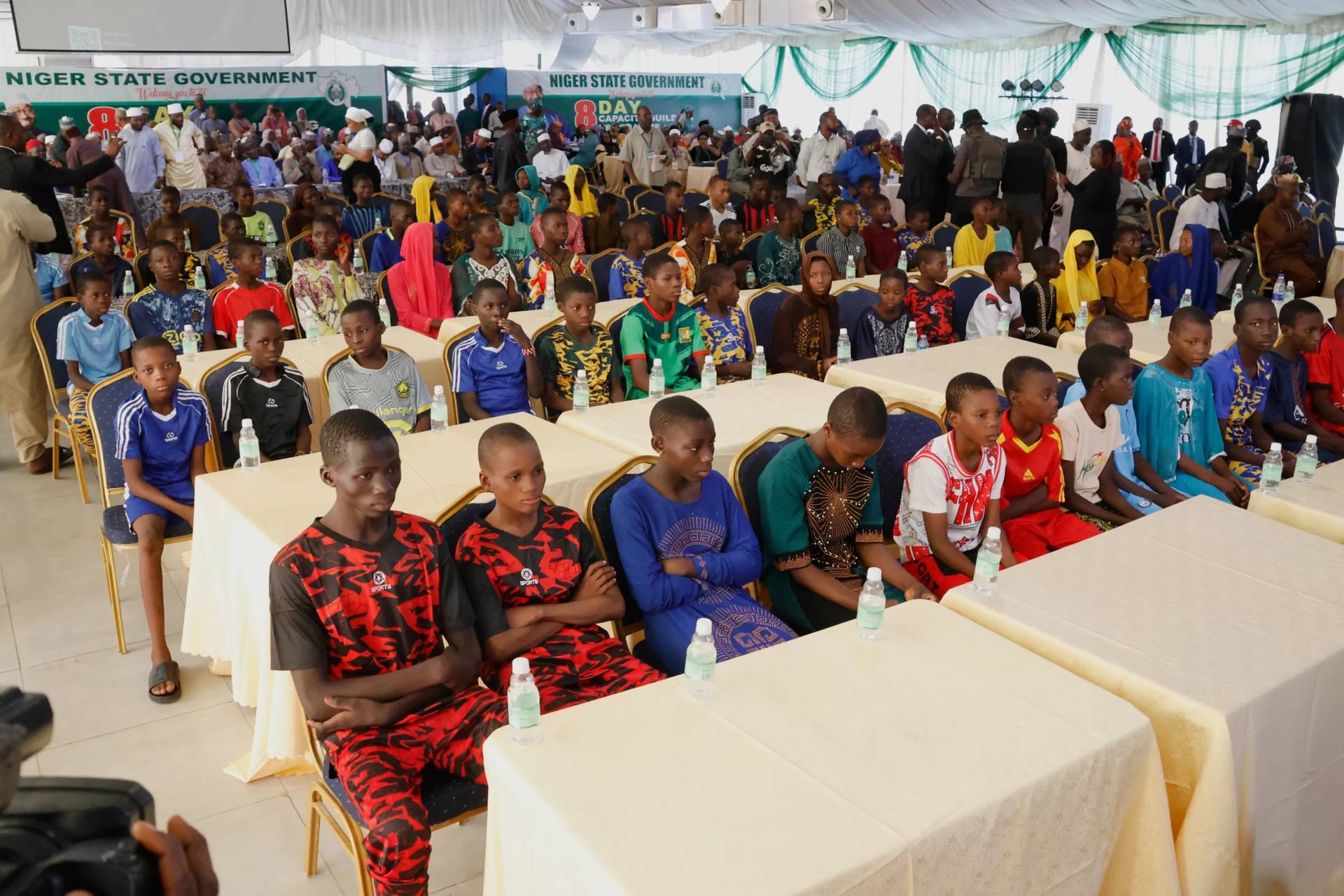YAOUNDÈ, Cameroon – Surveying a rising tide of anti-Christian persecution across Africa, one expert says it’s an attempt to curb Christianity’s phenomenal growth on the continent – one doomed to fail, he said.
“It would be naïve to assume that the growth of Christianity in Africa has not led to an increased effort – by jihadist groups and authoritarian governments alike – to slow or halt this growth altogether,” said John Pontifex, Head of Press and Information at the papal charity Aid to the Church in Need.
Yet Pontifex is convinced those efforts will only strengthen Christian resolve.
“Persecution serves to increase the quality and quantity of Christians wherever they may be, much like gold is refined in a fire,” he said.
Pontifex underscored the connection between martyrdom and growth.
“Africa is the continent which has the largest number of martyrs, with four priests killed in Nigeria alone, two in the Democratic Republic of Congo (DRC), as well as one nun,” ACN stated in a Feb. 3 report.
Africa is also the continent projected to have the fastest growth in Christianity over the next couple of decades.
According to PEW Research, the world’s Christian population is expected to grow from 2.2 billion in 2010 to 2.9 billion in 2050. Sub-Saharan Africa’s Christian population will more than double, growing from about half a billion people in 2010 to more than a billion in 2050.
The following are excerpts from the Crux interview with Pontifex.
Crux: Would you say there is a correlation between the growth of Christianity in Africa and martyrdom?
Pontifex: Certainly. Africa is frequently cited as having the greatest population growth, and the largest increase in the number of Christians, anywhere in the world.
At the same time, ACN’s data shows that parts of Africa, such as Nigeria, have seen more Christians killed in 2022 than the rest of the world combined. One estimate we collated indicated that over 7,600 Christians were killed in just 18 months in Nigeria, Africa’s hotspot of Christian persecution. Additionally, a recent Open Doors statistic suggested that 89 per cent of all Christians killed for their faith in 2022 were killed in Nigeria alone.
It would be naïve to assume that the prolific growth of Christianity in Africa has not led to an increased effort – by jihadist groups and authoritarian governments alike – to slow or halt this growth altogether, particularly as the fruits of the Church are made visible in African society.
Why do you think priests and religious are being massacred in Africa?
Several key factors lead to terrorist groups’ focused attacks on priests and religious. One is that they are leaders of their community, so Islamist movements desiring to establish a caliphate in Africa likely see the extermination of their Christian enemies’ leaders as a kind of ‘shortcut’ to dispersing or converting the whole group.
The second is that priests and religious often act as a focal point or a public source of criticism of the growing terrorist threat. Bishop Jude Arogundade, who recently visited London to voice his concerns about the projected Islamist takeover of Nigeria, provides a good example of this. Naturally, the groups who are criticized – notably Islamic State West African Province (ISWAP) and Boko Haram – aim to silence such vocal critics through assassination or kidnapping.
Finally, given their importance to Christian communities across Africa, both for the spiritual help they provide and for the material support offered by the Church and organizations like ACN frequently in remote, rural areas, priests and religious are targeted through abduction for ransom money. ISWAP and Boko Haram believe the Church or local communities will pay a higher price to rescue priests or religious from captivity than other Christians, leading to their continued abduction and possible execution.
In the face of persecution, where should Christians turn to for strength, or should they rather, for the sake of their lives, comply with the demands of their persecutors?
Complying with the demands of their persecutors tends to both weaken the resolve of Christian communities to stand up to the aggressor and emboldens the aggressor to repeat what they deem to be a successful strategy of worldly domination.
Our ultimate hope and salvation is not to be found in this world, but in Jesus Christ, who died for us on the Cross, precisely so that we would overcome the sin, death and terror emblematic of the Islamist terrorist groups sweeping across Africa. Christ promised us that, with Him, there is no enemy we cannot overcome and that He will be with us to the end of the age.
I’m not preaching to Africa’s Christians by saying these words: Rather, they teach me this principle by the example of their lives. Margaret, a mother of four who lost both her legs and went blind in one eye during last year’s Pentecost Sunday massacre in Ondo State, Nigeria, left a deep impression on me when she said, “I know I will not be able to live quite as I did before, but I thank God I am alive. I have so many reasons to be grateful to God.” The Lord is the strength of Africa’s Christians, and He must be ours.
What in your opinion does persecution do to the Church: does it limit its influence or does it strengthen the Church and the faith of Christians?
Persecution tests the faith of the Church. It also tests our love, our hope and our courage. It tests our perseverance in the truth.
Of course, on the individual level, the way one Christian reacts to persecution may be very different to the way other Christians react. But in many cases, persecution serves to increase the quality and quantity of Christians wherever they may be, much like gold is refined in a fire.
A modern-day example is Nigeria’s 18-year-old seminarian Michael Nnadi, killed several years ago by Islamist terrorists, who spurs on those of us who remain in the world to persevere in witness to the truth of the Gospel.
Christians, including seminarians whose numbers are growing in Africa at an incredible rate, are inspired by martyrs who come from their community, country and continent. This sets fire to the Gospel in Africa and turns it into a blaze of light and warmth, rather than snuffing it out. While we do not seek persecution, when it comes, we must be ready to face it.
